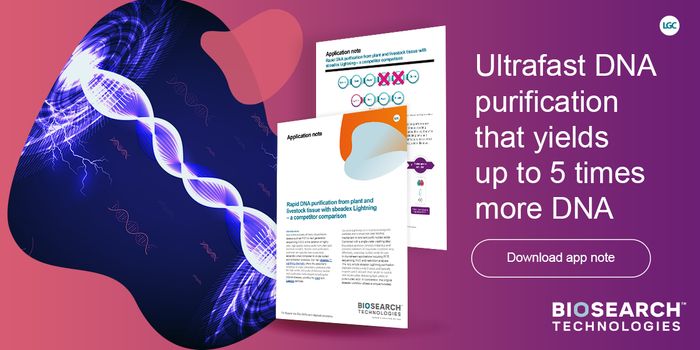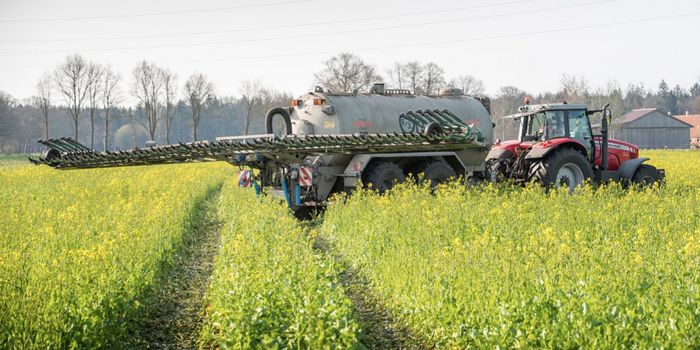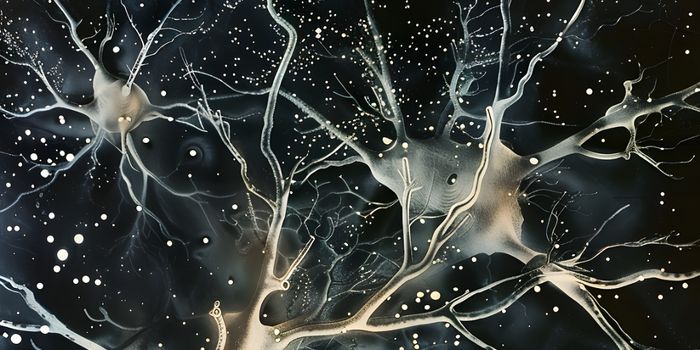Modern Humans Are Better at Avoiding Oxidative Stress
Scientists have long wondered what makes us human. Our cells express the genes we need to carry out the functions of life, and many of those genes encode for proteins that we know a lot about, so scientists have investigated proteins to see how ours are different. Most people express the same proteins, and those proteins can be compared to the ones that were expressed by apes or Neanderthals. We share a common ancestor with Neanderthals, and diverged from them about 500,000 years ago, so a lot of our genome is the same as the one carried by Neanderthals.
There are about 20,000 protein-coding genes in the human genome. Overall, only about one hundred of our proteins carry adaptations that make them different from the proteins expressed in Neanderthals. In some cases, modern-day humans still carry some of the Neanderthal versions; they were passed on at low frequency and are still found in some humans. One of those proteins is called glutathione reductase, which helps protect our cells from the detrimental effects of oxidative stress.
Oxidative stress happens as a result of the regular biochemical processes that are carried out by our cells. It can also be exacerbated by certain environmental effects, like UV radiation or pollution. Reporting in Science Advances, researchers investigated this protein, and determined that modern-day people who carry the Neanderthal version of glutathione reductase have a much higher risk of developing inflammatory bowel disease and vascular disease. Both of those disorders have been associated with oxidative stress.
"The risk increases we see are large; several times increased risk of inflammatory bowel disease and vascular disease," said study co-leader Hugo Zeberg of the Karolinska Institutet.
This study showed that compared to the human version, the Neanderthal version of glutathione reductase generates more reactive oxygen species, which leads to oxidative stress. It also raises the expression of cytokines, which promote inflammation.
The Neanderthal version of glutathione reductase is found mostly in people living in India, and only in about one to two percent of that population.
While the human version seems to be better for our health, we don't yet know for sure how the change arose and why most people carry it.
"Stopping oxidative stress is a bit like preventing something from rusting. Perhaps the fact that we are living longer has driven these changes," suggested study co-leader Svante Pääbo of the Max Planck Institute.
Sources: Max Planck Institute for Evolutionary Biology, Science Advances









